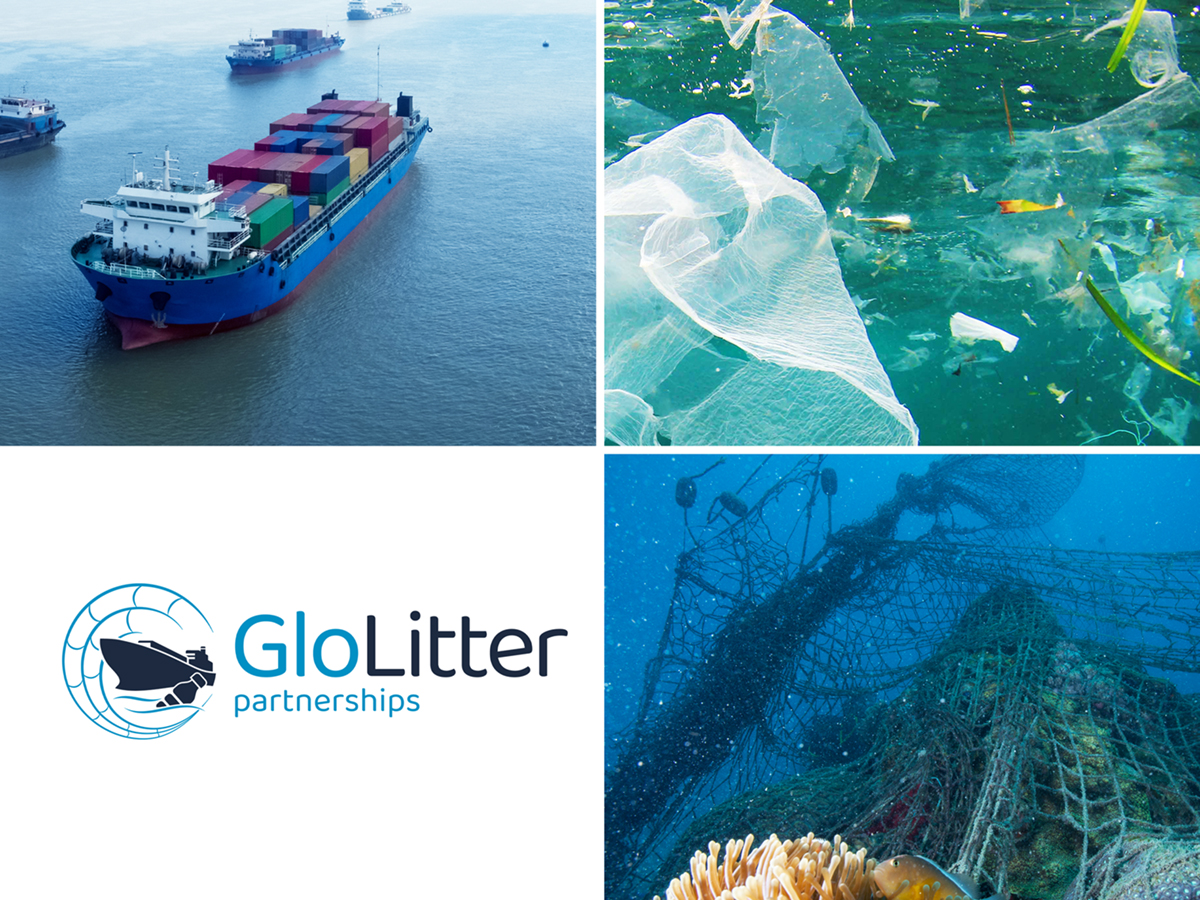The IMO's GloLitter Partnerships Project, which aims to help the maritime transport and fishing sectors in developing countries move towards a low-plastics future, has been granted a one year extension by the initial funding body, Norwegian Agency for Development Cooperation (Norad). The USD 4.6 million project was originally launched in December 2019 with a deadline of 2023 but faced delays in implementation because of the COVID-19 pandemic. As a result, NORAD has approved an extension to June 2024.
"A low plastics future is vital to maintain a healthy marine ecosystem. This extension demonstrates the faith that NORAD has in our ability to deliver the goals of the GloLitter Partnerships Project. Our ambition is to have this project serve as an example of best practice and inspire other countries to take action against marine plastic litter," said Jose Matheickal, Chief, IMO Department for Partnerships and Projects.
The GloLitter Partnerships' project, which is jointly implemented by IMO and the Food and Agriculture Organization of the United Nations (FAO), helps developing countries apply best practices for prevention, reduction and control of marine plastic litter. The project will expand government and port management capacities, instigate legal, policy and institutional reforms at the country level. The GloLitter team will develop guidance documents, training material and toolkits to help enforce existing regulations, including IMO's International Convention for the Prevention of Pollution from Ships (MARPOL) Annex V.
In addition to considering the availability and adequacy of port reception facilities, the GloLitter Partnerships project looks at enhancing awareness of the marine plastics issue and encouraging the marking of fishing gear so it can be traced back to its owner if discarded.
As of April 2021, 30 countries across five regions have signed up to participate in the Project.
